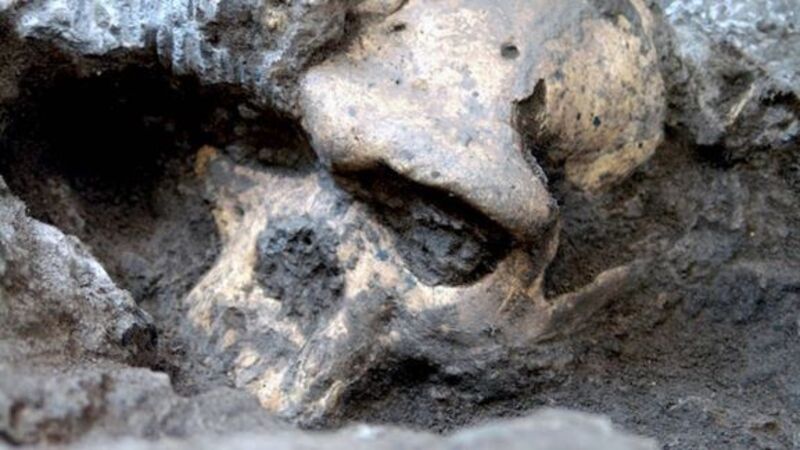A 1.8m-year-old skull gives new insight into human evolution

With a tiny brain about a third the size of a modern human’s, protruding brows and jutting jaws like an ape, the skull was found in the remains of a medieval hilltop city in Dmanisi, Georgia, said the study in the journal Science.
It is one of five early human skulls — four of which have jaws — found so far at the site, about 100km from the capital Tbilisi, along with stone tools that hint at butchery and the bones of big, sabre-toothed cats.














